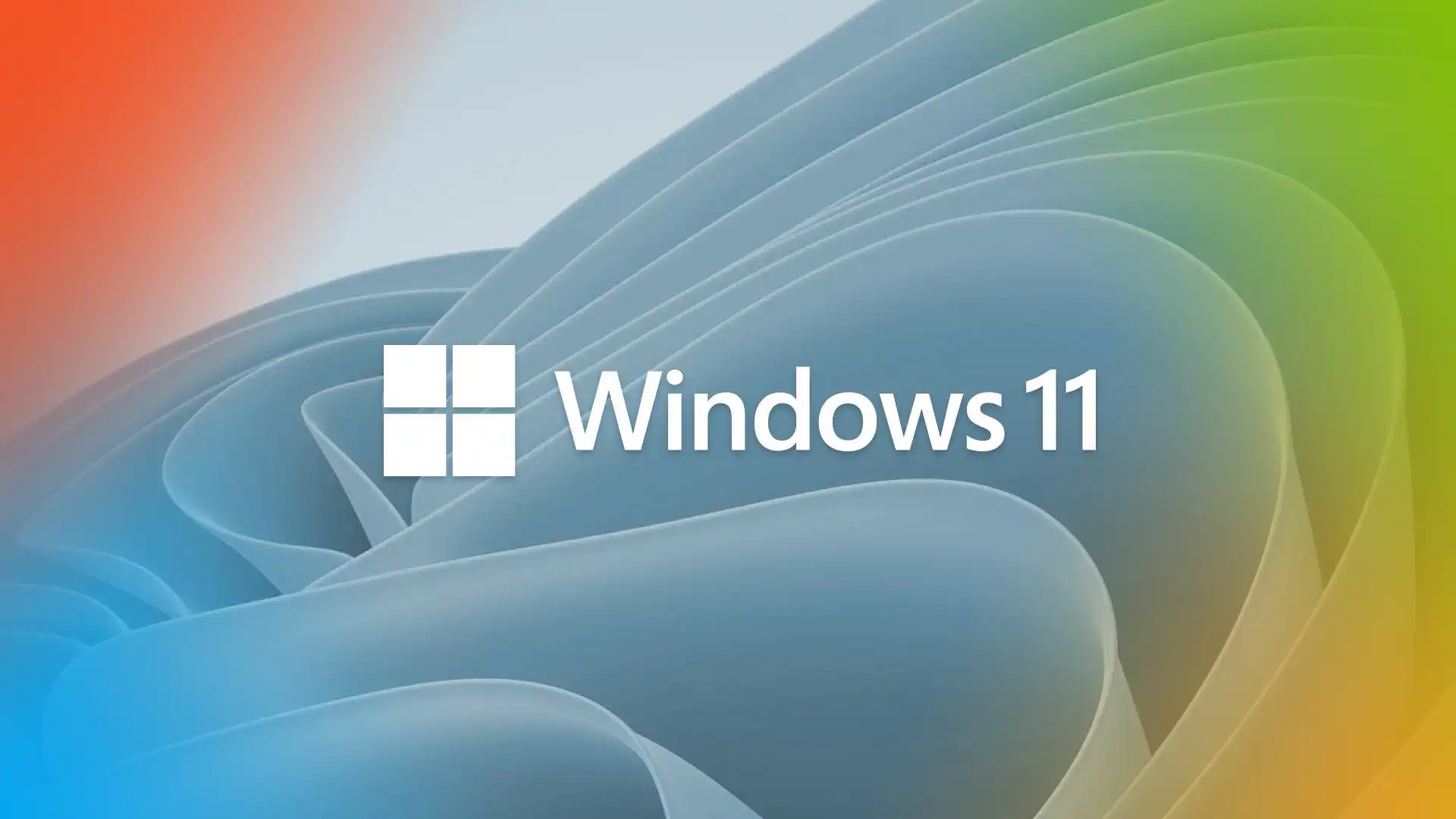If you are experiencing a sluggish startup on your Windows 11 system, you are not alone. Many users are searching for ways to fix Windows 11 slow startup issues. The good news is that there are several effective methods to address this problem. In this article, we will explore various tips and tricks to help you fix Windows 11 slow startup, ensuring that your computer boots up quickly and efficiently. By implementing these strategies, you can significantly reduce the time it takes for your system to become operational. So, let’s dive into the best practices to Fix Windows 11 slow startup and get your device running smoothly again.
Understanding the Causes of Slow Startup
Before we delve into the solutions, it’s essential to understand what might be causing your Windows 11 slow startup. Several factors can contribute to this issue, including:
- Too Many Startup Programs: When too many applications are set to launch at startup, they can significantly slow down the boot process. This is one of the most common reasons for a slow startup.
- Outdated Drivers: If your device drivers are outdated or incompatible, they can hinder the startup process. Keeping your drivers updated is crucial for optimal performance.
- Hard Drive Issues: A fragmented or failing hard drive can lead to slow startup times. Regular maintenance and checks can help identify and resolve these issues.
- Windows Updates: Sometimes, pending updates can cause delays during startup. Ensuring that your system is up to date can help mitigate this problem.
- Malware and Viruses: Malicious software can significantly impact your system’s performance, including startup times. Regular scans and security measures are essential.
By identifying these potential causes, you can take targeted actions to fix Windows 11 slow startup effectively.
Tips to Fix Windows 11 Slow Startup
1. Disable Unnecessary Startup Programs
One of the first steps to fix Windows 11 slow startup is to disable unnecessary startup programs. You can do this by:
- Pressing
Ctrl + Shift + Escto open the Task Manager. - Navigating to the “Startup” tab.
- Reviewing the list of programs and disabling those that you do not need to launch at startup.
This simple action can significantly reduce the time it takes for your system to boot up.
2. Update Your Drivers
Keeping your drivers updated is crucial for fixing Windows 11 slow startup. To update your drivers:
- Right-click on the Start button and select “Device Manager.”
- Expand the categories and right-click on the device you want to update.
- Select “Update driver” and follow the prompts.
Regularly updating your drivers can help ensure that your system runs smoothly and efficiently.
3. Check for Hard Drive Issues
To fix Windows 11 slow startup, it’s essential to check your hard drive for issues. You can do this by:
- Opening the Command Prompt as an administrator.
- Typing
chkdsk /fand pressing Enter.
This command will check for and fix any errors on your hard drive, which can help improve startup times.
4. Manage Windows Updates
Sometimes, pending Windows updates can cause slow startup issues. To manage updates:
- Go to Settings > Windows Update.
- Check for updates and install any that are pending.
Keeping your system updated can help resolve performance issues, including slow startup.
5. Scan for Malware
To fix Windows 11 slow startup, it’s crucial to ensure that your system is free from malware. Use Windows Defender or a trusted antivirus program to perform a full system scan. Removing any detected threats can help improve your system’s performance.
6. Optimize Startup Settings
Windows 11 offers various settings that can help optimize startup performance. To access these settings:
- Go to Settings > System > About.
- Click on “Advanced system settings.”
- Under the “Startup and Recovery” section, you can adjust settings to improve startup times.
7. Use Disk Cleanup
Running Disk Cleanup can help free up space and improve performance. To do this:
- Type “Disk Cleanup” in the search bar and select the tool.
- Choose the drive you want to clean and follow the prompts.
Removing unnecessary files can help fix Windows 11 slow startup.
8. Enable Fast Startup
Windows 11 has a feature called Fast Startup that can help reduce boot times. To enable this feature:
- Go to Control Panel > Power Options.
- Click on “Choose what the power buttons do.”
- Click on “Change settings that are currently unavailable” and check the box for “Turn on fast startup.”
Enabling this feature can significantly improve your startup times.
9. Upgrade Your Hardware
If you have tried all the above methods and still experience slow startup, it may be time to consider upgrading your hardware. Adding more RAM or switching to a Solid State Drive (SSD) can dramatically improve your system’s performance and startup times.
10. Reset Windows 11
As a last resort, if you are still struggling to fix Windows 11 slow startup, you may want to consider resetting your system. This will restore your computer to its original state, potentially resolving any underlying issues. Be sure to back up your data before proceeding with this option.
Conclusion
In conclusion, fixing Windows 11 slow startup is achievable with the right strategies and tools. By following the tips outlined in this article, you can significantly improve your system’s boot times and overall performance. Remember to regularly maintain your system, keep your drivers updated, and manage startup programs to ensure a smooth and efficient startup experience. With these steps, you can enjoy a faster, more responsive Windows 11 environment. Don’t let slow startup times hinder your productivity; take action today to fix Windows 11 slow startup and enjoy a seamless computing experience.


